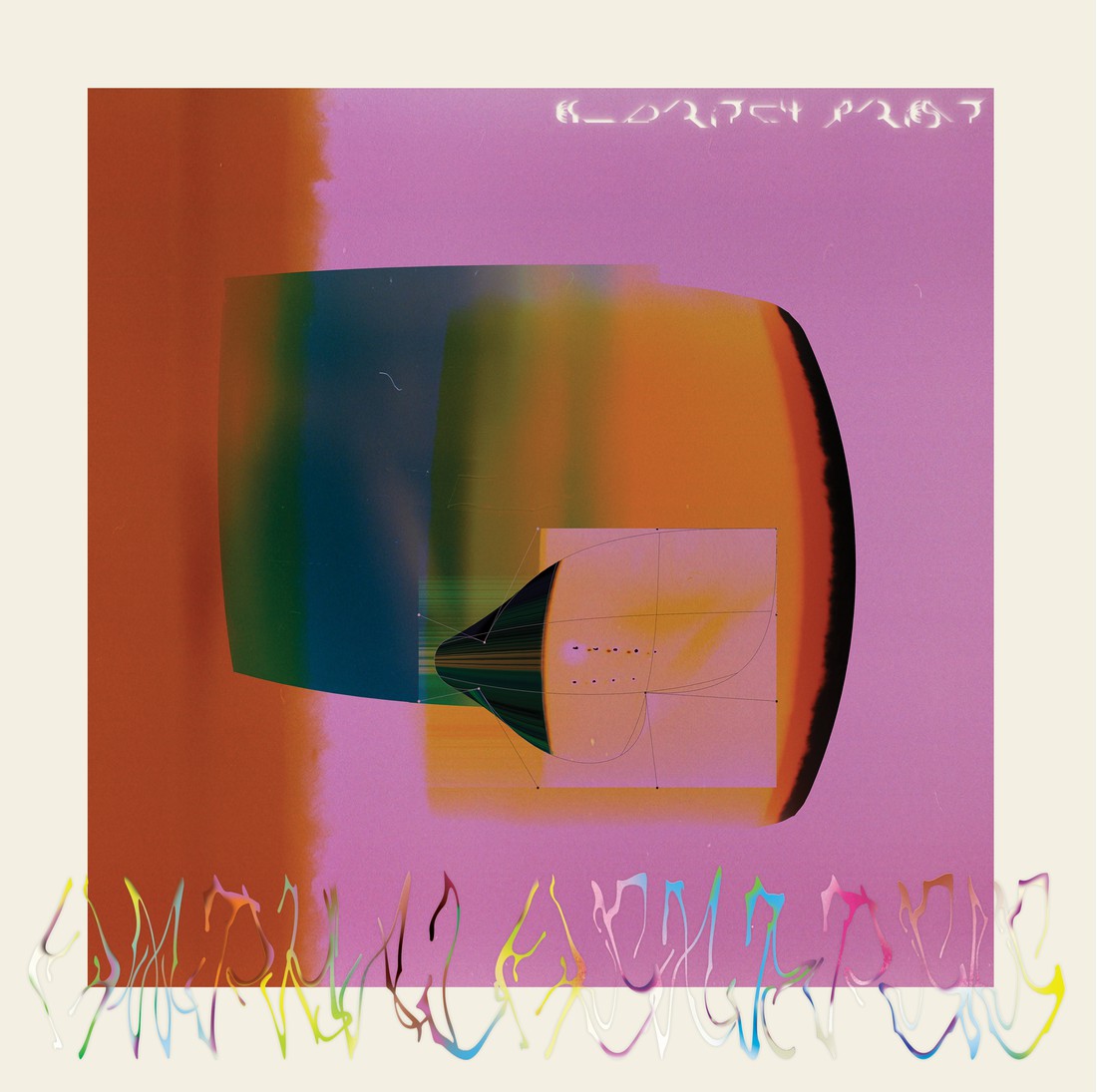Der kanadische Klangkünstler, Autor und Wissenschaftler Eldritch Priest bringt im März nächsten Jahres sein Vinyldebüt heraus. “Omphaloskepsis”, das im altgrichischen Nabelschau bedeutet, enthält einen knapp einstündigen Track basierend auf einem stets wandelbaren und unberechenbaren Gitarrensolo in unterschiedlichen Graden der Verzerrtheit und mit zahlreichen, zum Teil kontrastierenden Effekten digitaler Natur angereichert. Reminiszenzen an Jazz und Bluesrock sind allgegenwärtig und lassen doch immer wieder die Frage aufkommen, ob sie vielleicht doch Teil einer großen Fata Morgana sind. “Omphaloskepsis” kann als musikalische Fortführung seiner Monografie “Boring Formless Nonsense: Experimental Music and the Aesthetics of Failure” (Bloomsbury 2013) betrachtet werden. Das Album erscheint als Doppel-LP und digital beim Torontoer Label Halocline Trance und enthält Bildmaterial und Design von Ilyse Krivel und Olenka Szymonski sowie Liner Notes von Marc Couroux. Ungefähr zeitgleich erscheint Eldritch Priests neues Buch “Earworm and Event: Music, Daydreams and Other Imaginary Refrains” bei Duke University Press. 
“It might seem tongue-in-cheek on the surface, but the fact that the title of Eldritch Priest’s sprawling debut vinyl release, Omphaloskepsis, is the Greek translation for “navel-gazing” unlocks something essential to the Vancouver-based composer and writer’s singular outlook. Perhaps even more telling is the title of Priest’s 2013 book Boring Formless Nonsense: Experimental Music and the Aesthetics of Failure (Bloomsbury), whose 300-odd pages read as though you’ve been dosed with potent hallucinogens. Throughout the text Priest addresses—celebrates, even—the titular elements via various musical examples, including that of his peers. What’s so bewildering it is that his descriptions of how boredom, formlessness, and nonsense manifest are laced with the very tactics he’s depicting. Passages tie themselves in knots, footnotes engulf the “primary text,” he even deliberately misleads the reader.
The restless stasis of Omphaloskepsis could be regarded as an extension of this book’s wayward spirit. Things unfold fairly slowly and consistently but it’d be a stretch to describe it as properly contemplative. Like attempting to meditate with a high fever, any sense of tranquility is constantly derailed as one succumbs to queasy agitation. The piece’s foundation is a seemingly endless guitar melody; an organic meander that neither seems to repeat or offer any concessions to narrative directionality. Priest unfurls this rambling cantus firmus in a rich, clean, jazz-like tone, but as it’s played, it’s repeatedly tangled with snarls of dense digital processing and shadowed by stumbling virtual “band.” These strident interjections blatantly contrast with the guitar, yet they aren’t so violent as to offer more than a faint itch of distraction. As such, the distinctive amorphousness that this piece asks us to inhabit for its 54-minute duration leaves a strong impression, but also feels utterly intangible.” (Halocline Trance / Riparian Media)
Foto © Claudette Lauzon
